Humanist Heritage: Doers, Dreamers, Place Makers is supported by The National Lottery Heritage Fund. Learn more.
Humanist Heritage: Doers, Dreamers, Place Makers is supported by The National Lottery Heritage Fund. Learn more.
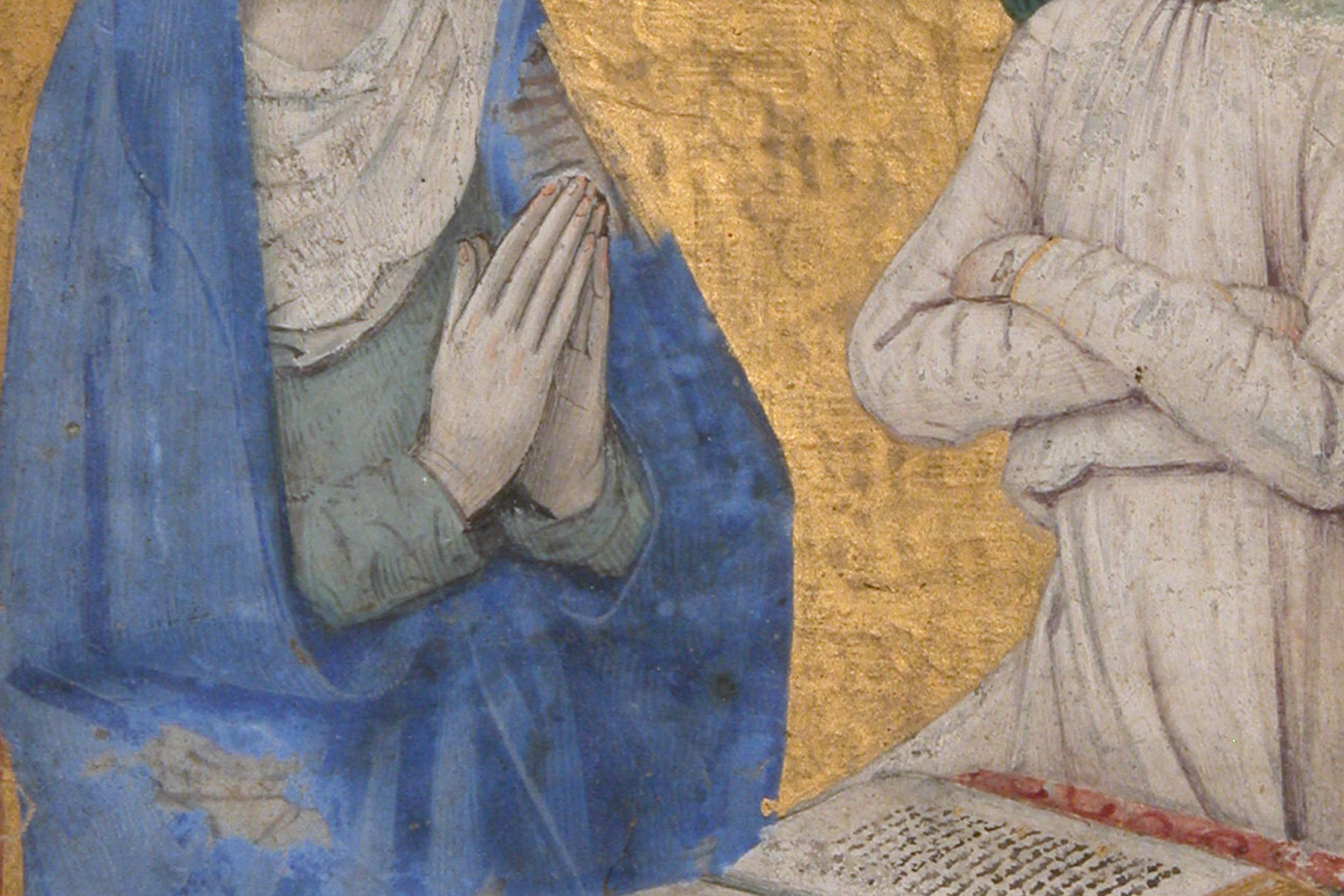
Dr Patrick S. McGhee explores the existence of doubt, uncertainty, and unbelief in England during the 16th and early 17th centuries.
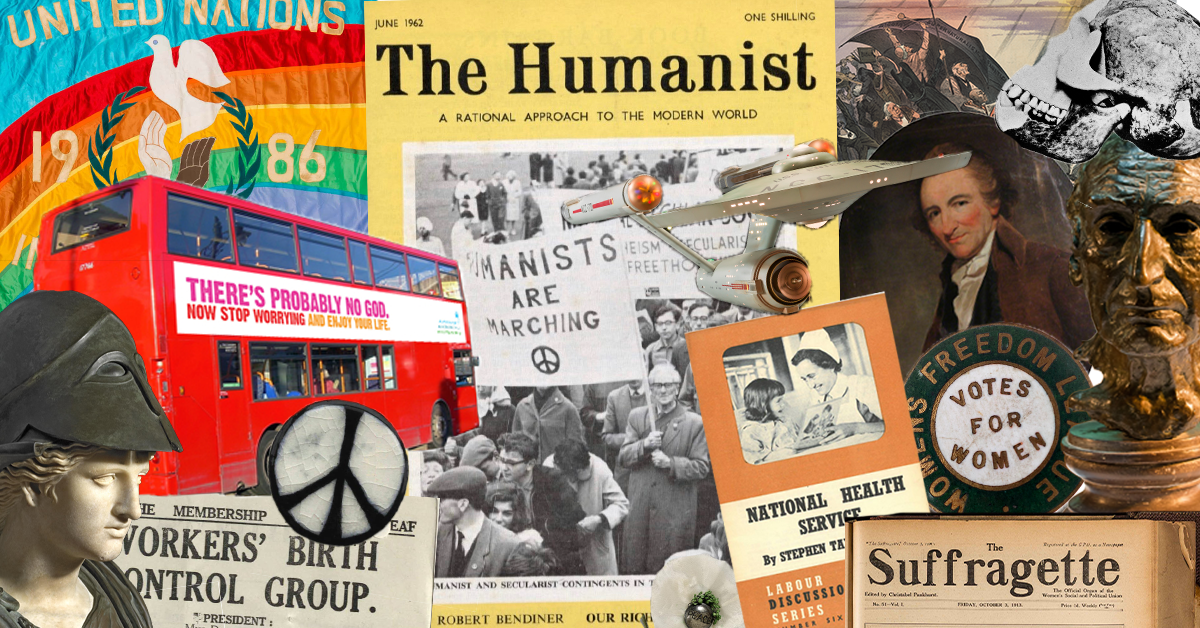
From its origins as the Union of Ethical Societies to its 125th anniversary in 2021: a history of community, campaigns, and critical thinking.
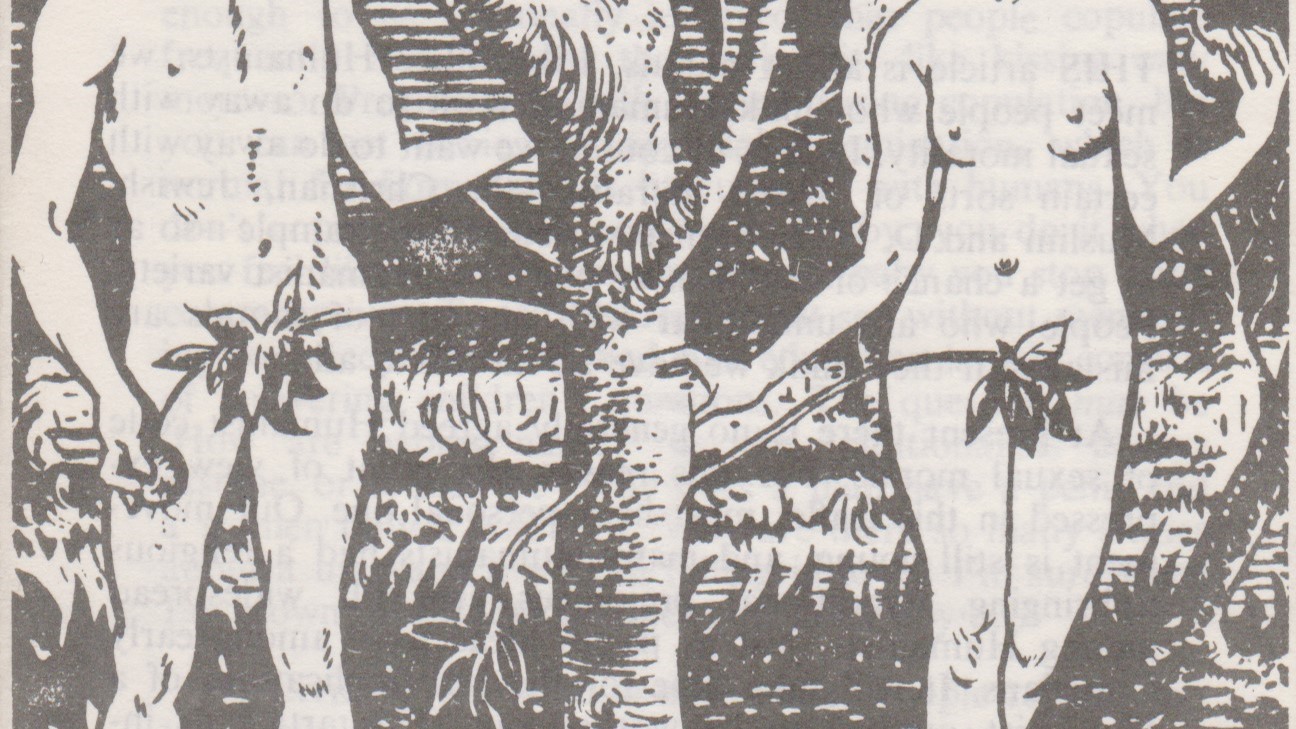
A short history of humanist advocacy for reproductive rights, founded on a belief in personal autonomy, rational attitudes to sex and sexuality, and concern for human welfare.
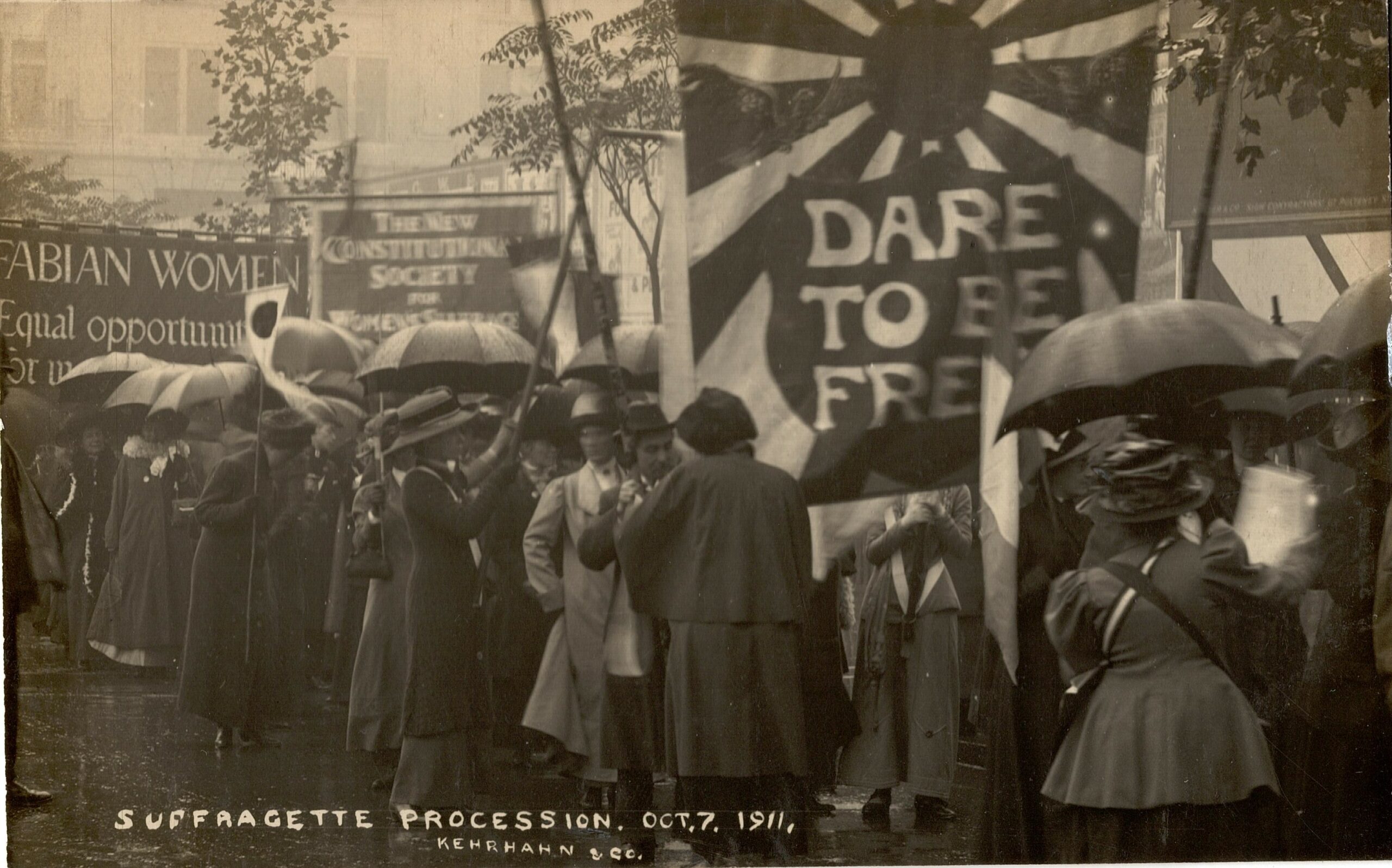
Borrowing the title of an 1876 work by feminist freethinker Sara Underwood, this article celebrates the many brave women who have populated and propelled the humanist movement.
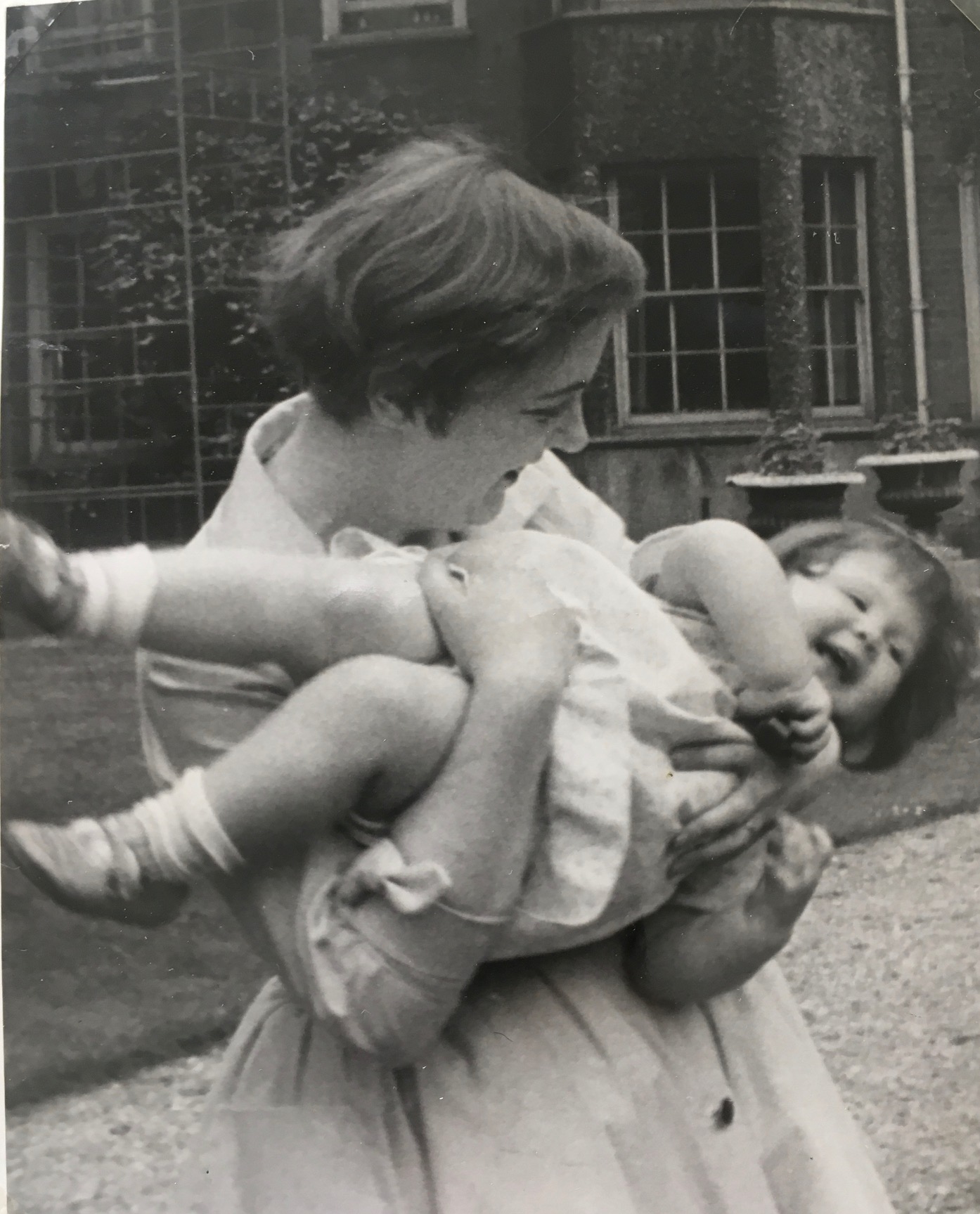
Kate Levey, daughter of writer, activist, vegan, and humanist Brigid Brophy, remembers an imaginative, affectionate, and colourful upbringing.
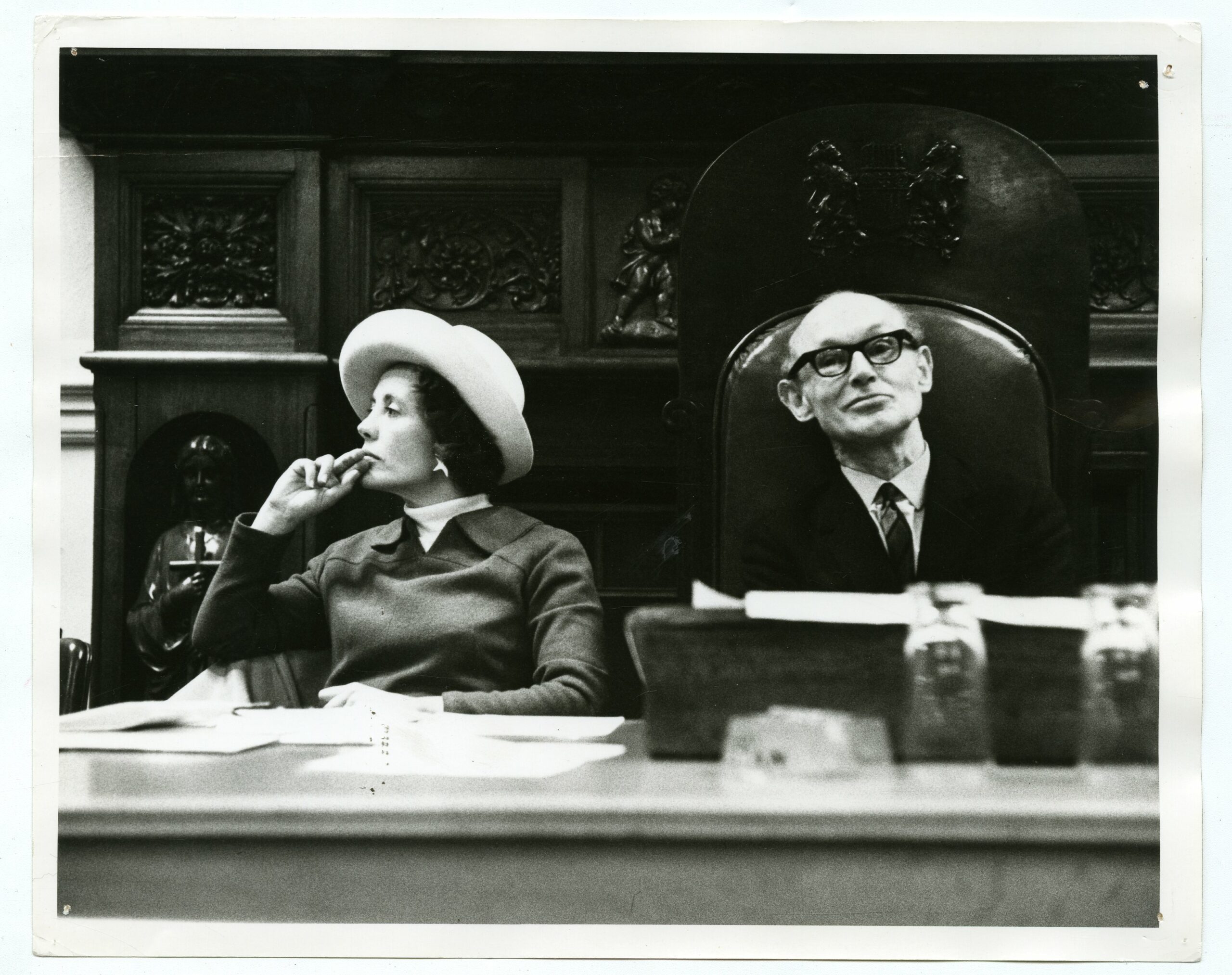
Elaine Dunford (1929-2015) was a teacher, headteacher, and humanist. Writer, human rights activist, and former pupil Linda Wilkinson explores her legacy.
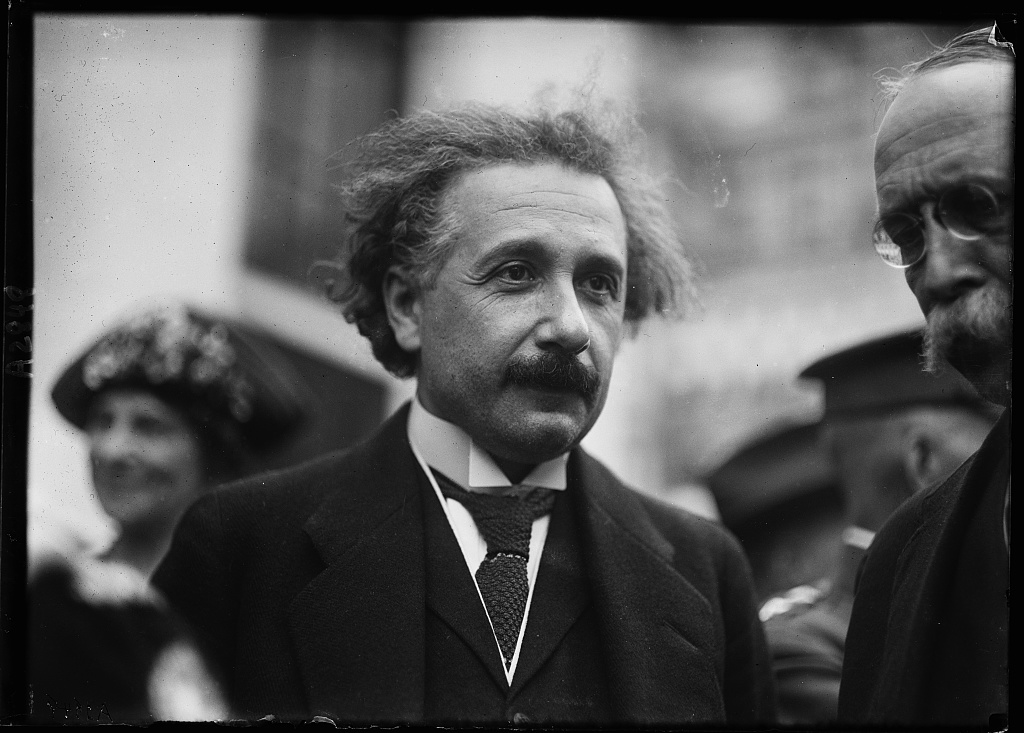
Some of the most influential figures in the history of Humanists UK were of Jewish descent. Discover some of the secular Jews who played a key role in the history of the humanist movement, as well as leaving a lasting legacy in the world at large.
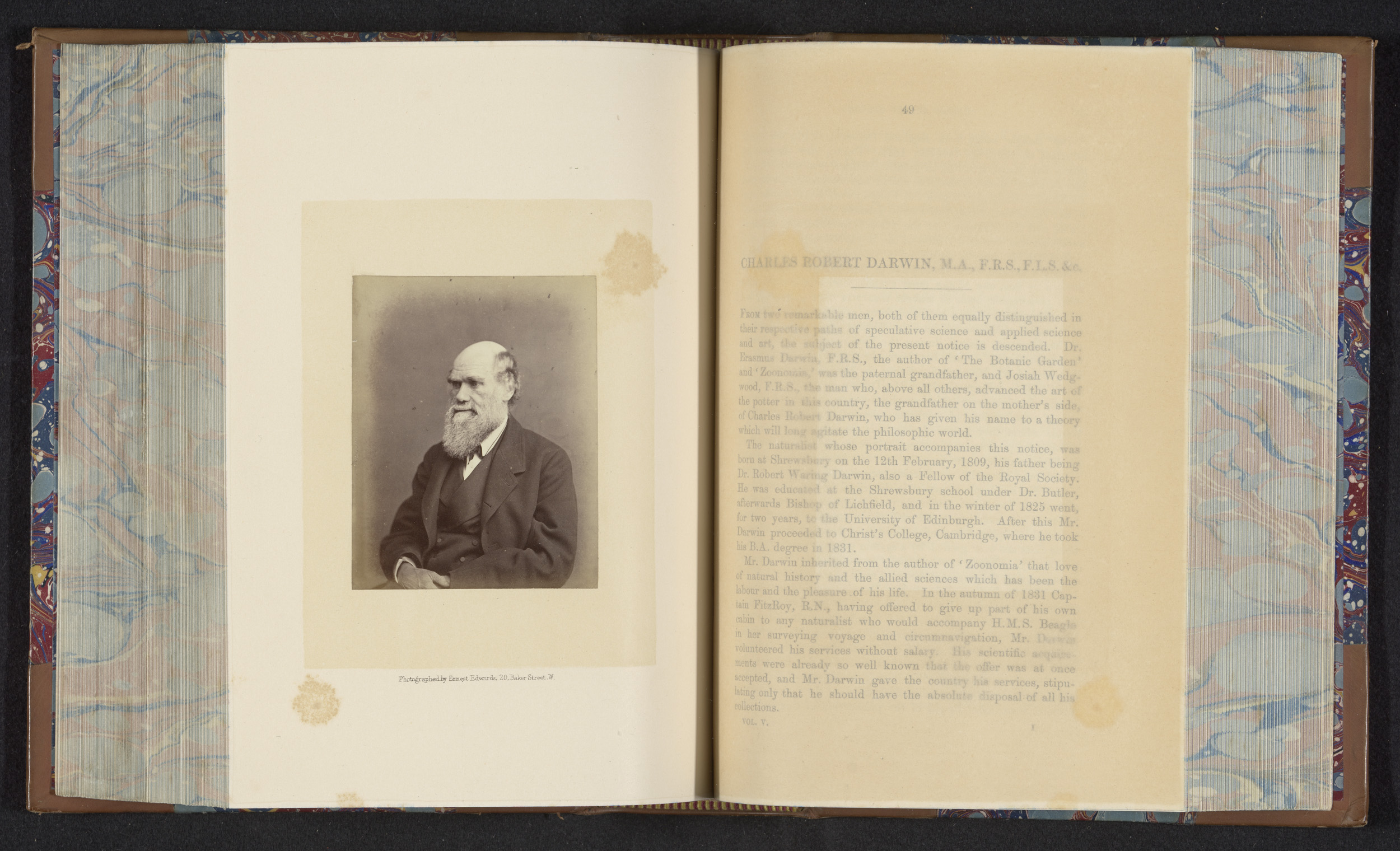
Charles Darwin profoundly changed the way people saw the world, understood the past, and made sense of humanity itself. How have others interacted with, been inspired by, and continued to respond to his legacy?

Many of the words used today to describe aspects of the humanist approach have long histories, revealing much about the development of humanism itself. Read on to discover the language of a life stance.
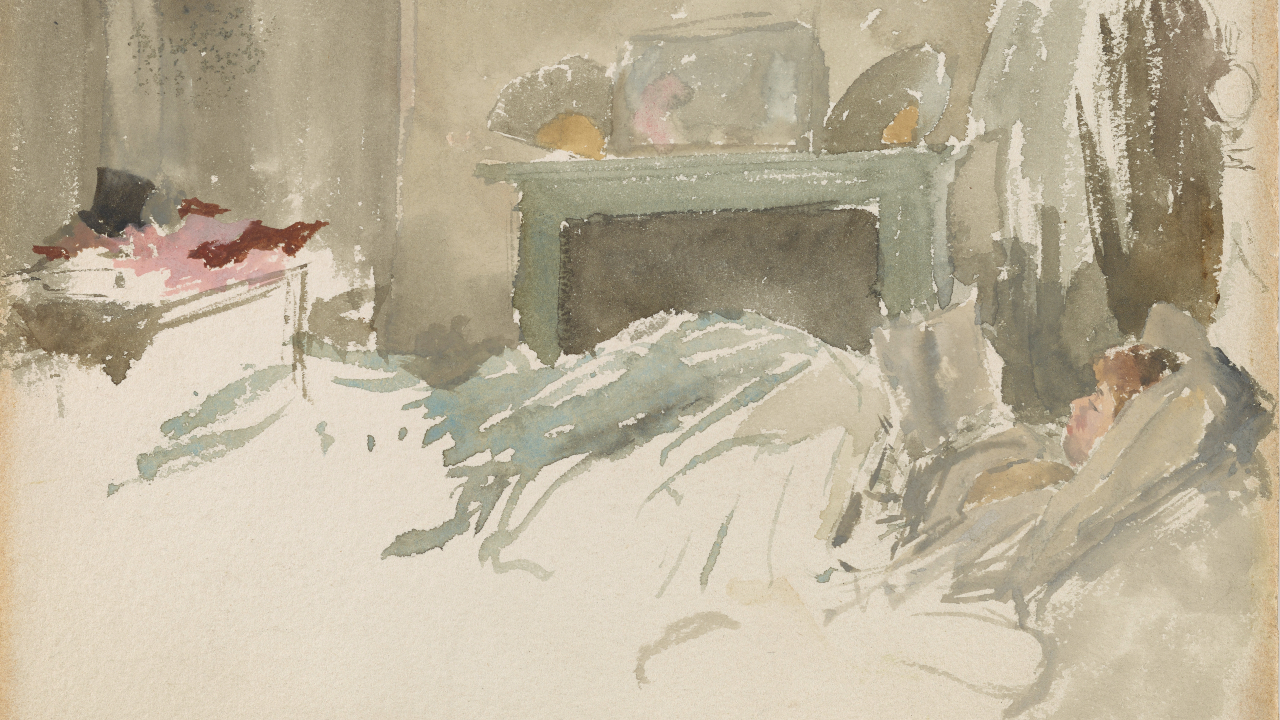
Humanists and freethinkers - from Felix Adler to Eleanor Rathbone - have been among the longest standing advocates for compassionate reform of the laws around assisted dying.
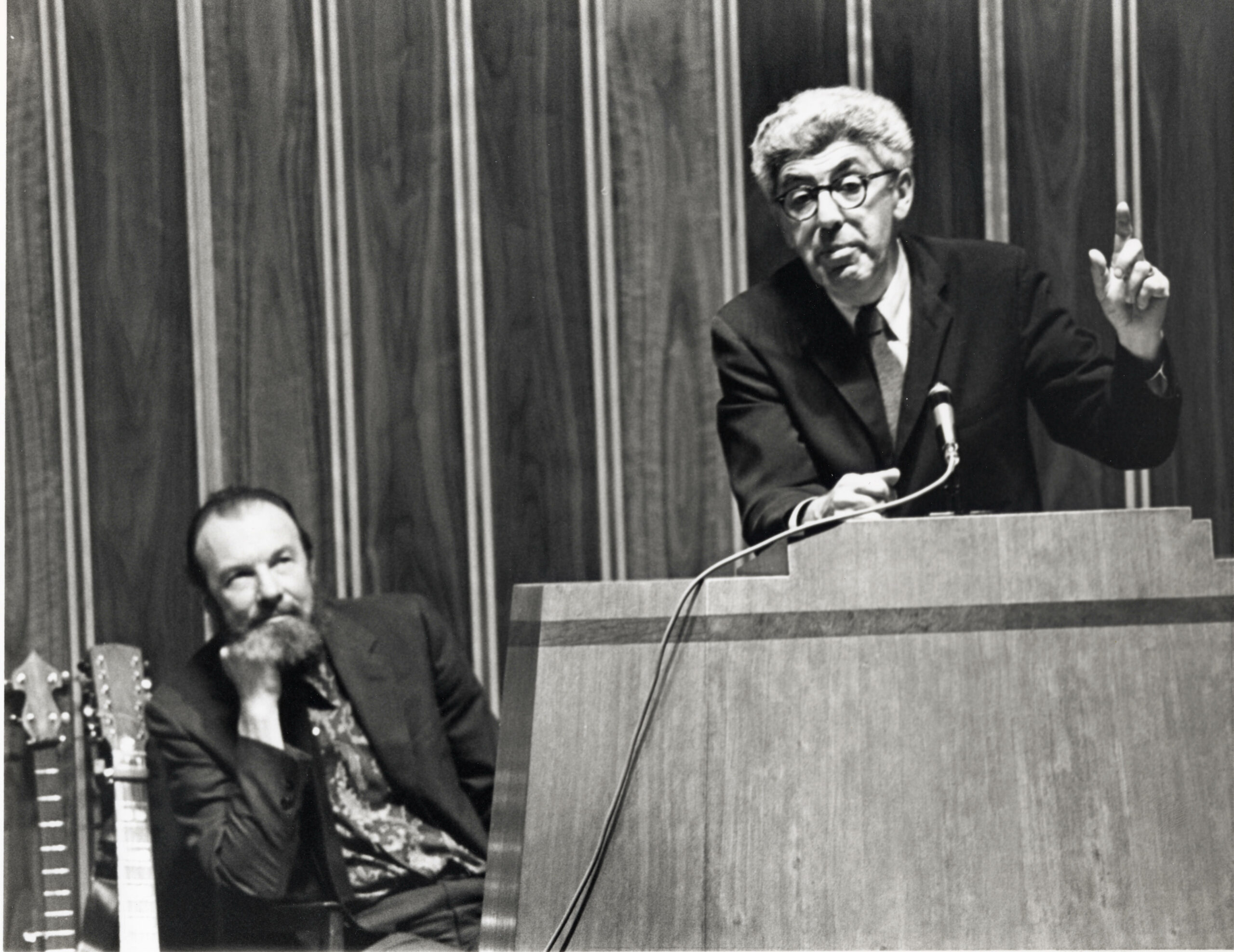
A glimpse into the humanist tradition of activism for the environment and for animal rights.
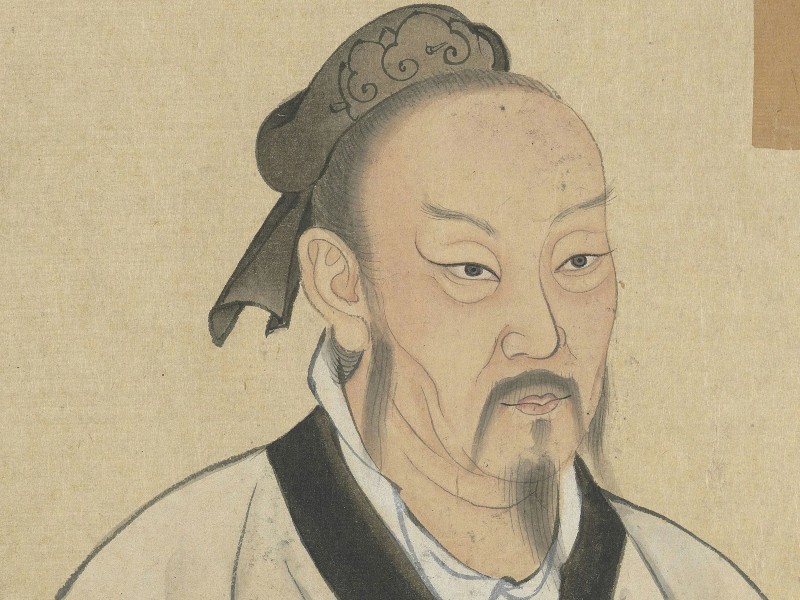
Aqua Koroma explores the ancient and global humanist tradition, spanning Africa, India, Europe, and China. Whether or not these beliefs have been defined by those who have held them as ‘humanist’, they reflect ancient and global traditions which have contributed to humanism today, emphasising reason, compassion, and human agency, without reliance on gods.